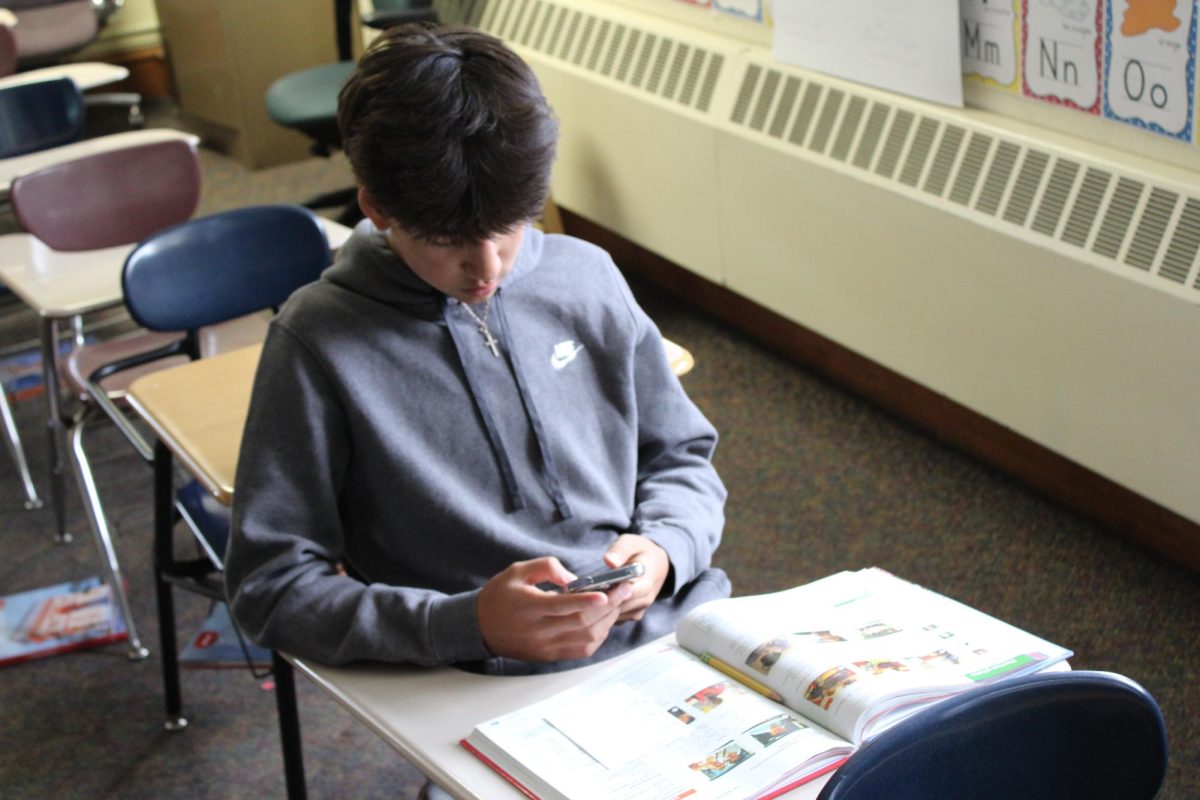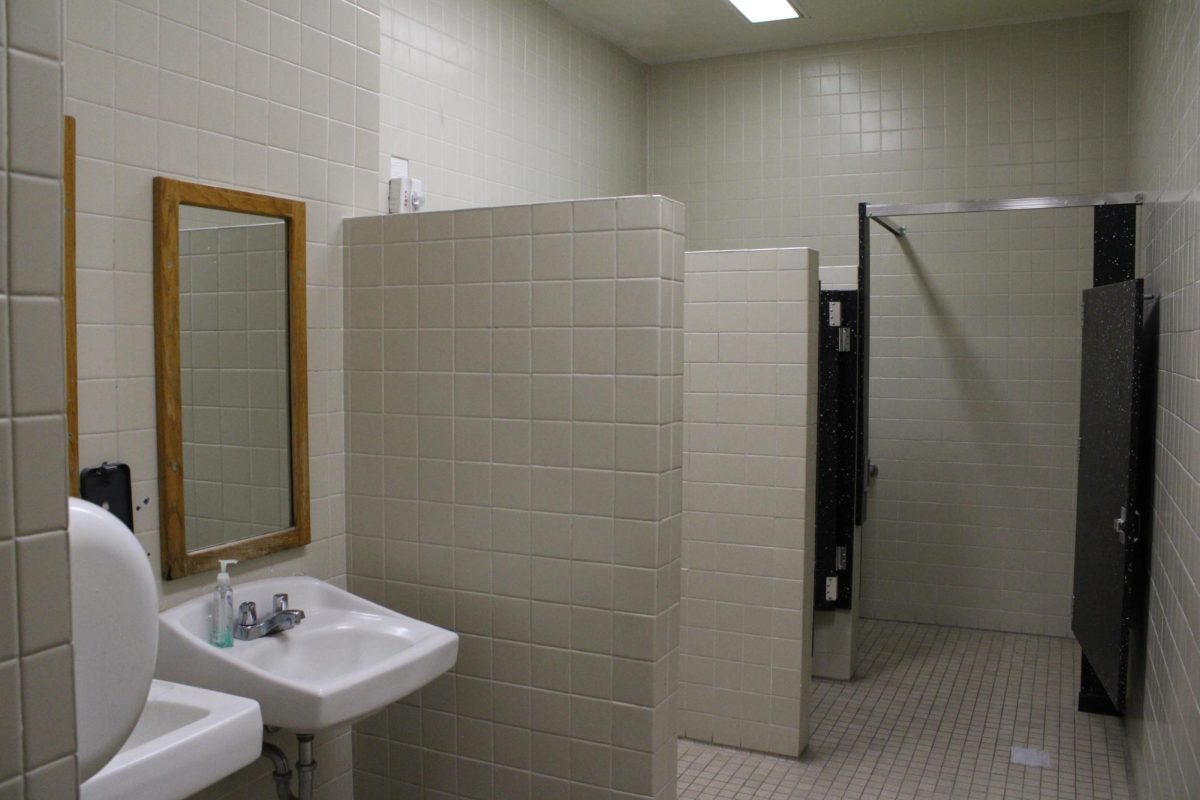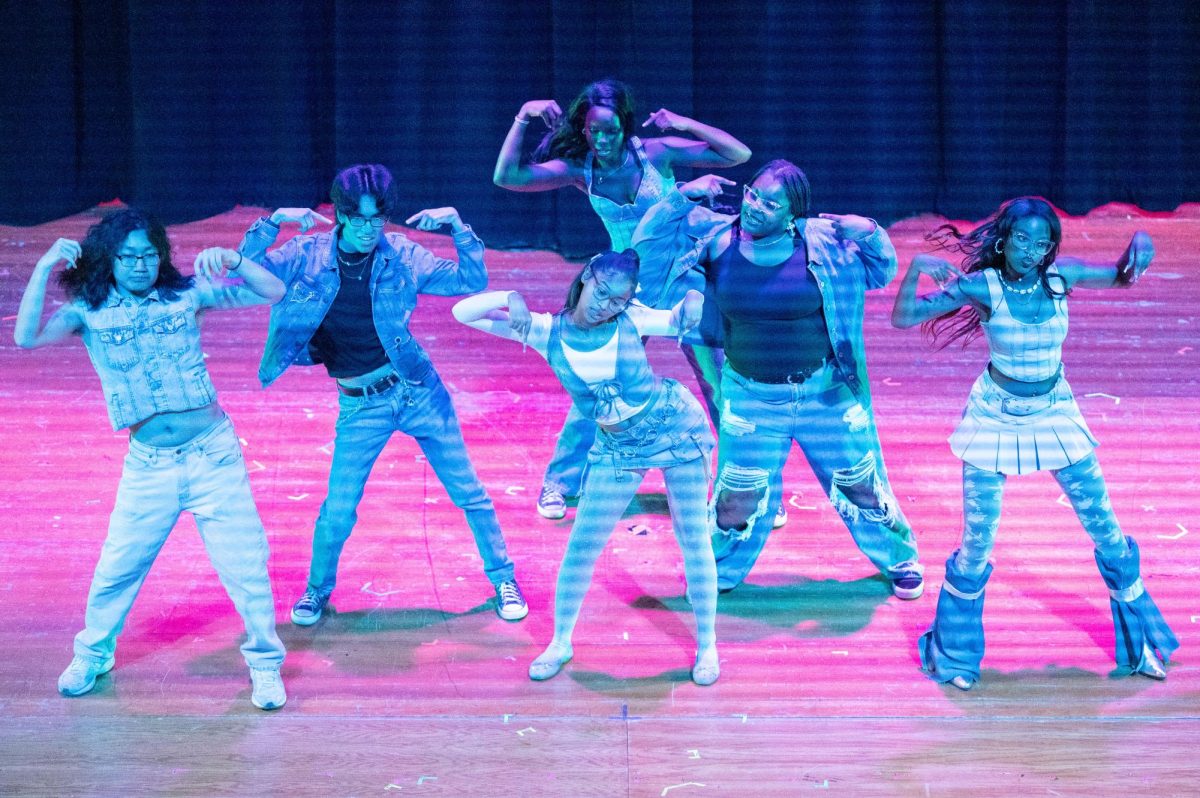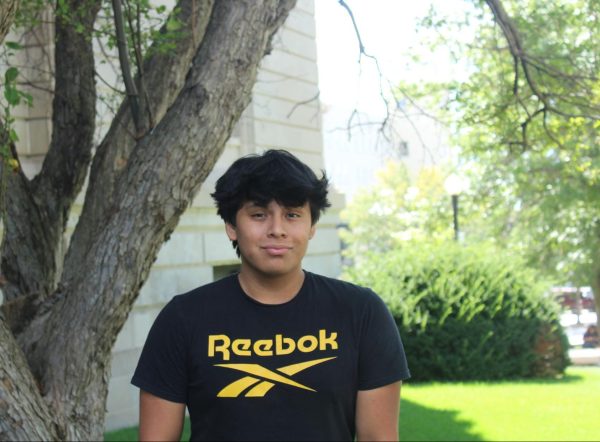Students attend lecture on Cuban missile crisis
May 5, 2016
Nearly 200 IB, APUSH and HUSH students attended a lecture by two experts on the Cuban missile crisis on April 27 at the Joslyn art Museum.
The presenters of the lecture were two professors, James Blight and janet Lang (who uses a lowercase j), who also happen to be a married couple.
Lilly Weah, a freshman who attended the lecture, said, “The lecturers were a woman and her husband, who both [are] professors. They were a very funny duo that was able to get their point across of how close to nuclear war the world came.”
The lecturers, who go by “J&j” to those who know them, have been involved in the field of international affairs for decades, but both were studying cognitive psychology at the University of New Hampshire when they met in the early 1970s. They continued to earn graduate degrees from Harvard University’s John F. Kennedy School of Government.
The couple stayed involved in the field of academia. janet earned a second doctorate in epidemiology and biostatistics from Harvard’s School of Public Health. James worked as a researcher and administrator at the Belfer Center for Science and the International Affairs at the Kennedy school.
“[The] two professors are really, really well educated on the Cuban missile crisis,” Quinn Eilers, a freshman who attended the lecture, said.
Blight and Lang are renowned for their development of the concept of COH, or critical oral history, a research method that involves three major components: memories of former high-level decision-makers, declassified documentation from the governments of all the involved countries and scholarly analysis.
The component of COH that focuses on high-level decision makers was highly prevalent in the lecture. The Cuban missile crisis and Cold War were focused on from a perspective of each of the leaders of different countries, including President Kennedy and Fidel Castro.
“I learned that the frustration and the hurt pride of Fidel Castro almost pushed the U.S. into nuclear war,” Eilers said.
The event at the Joslyn is the fourth presentation offered to Central students in the last few years. Last year, the lecture pertained to artifacts at the Smithsonian.
Weah hopes to attend more lectures for students at the Joslyn in the future, and wishes to see a few specific topics.
“I would love to see more ancient histories, comparing [and] contrasting modern society and medieval society in a specific country,” she said.
Both Weah and Eilers positively described the lecture and enjoyed the experience. Eilers said that showed aspects of the Cuban missile crisis and the Cold War that most teachers don’t lecture about in class. The personalities of the professors also helped.
Weah said, “I definitely think it [was] worth attending, especially if you are invested in the topic. It really goes in-depth, and the enigmatic lecturers made it much more interesting.”

















